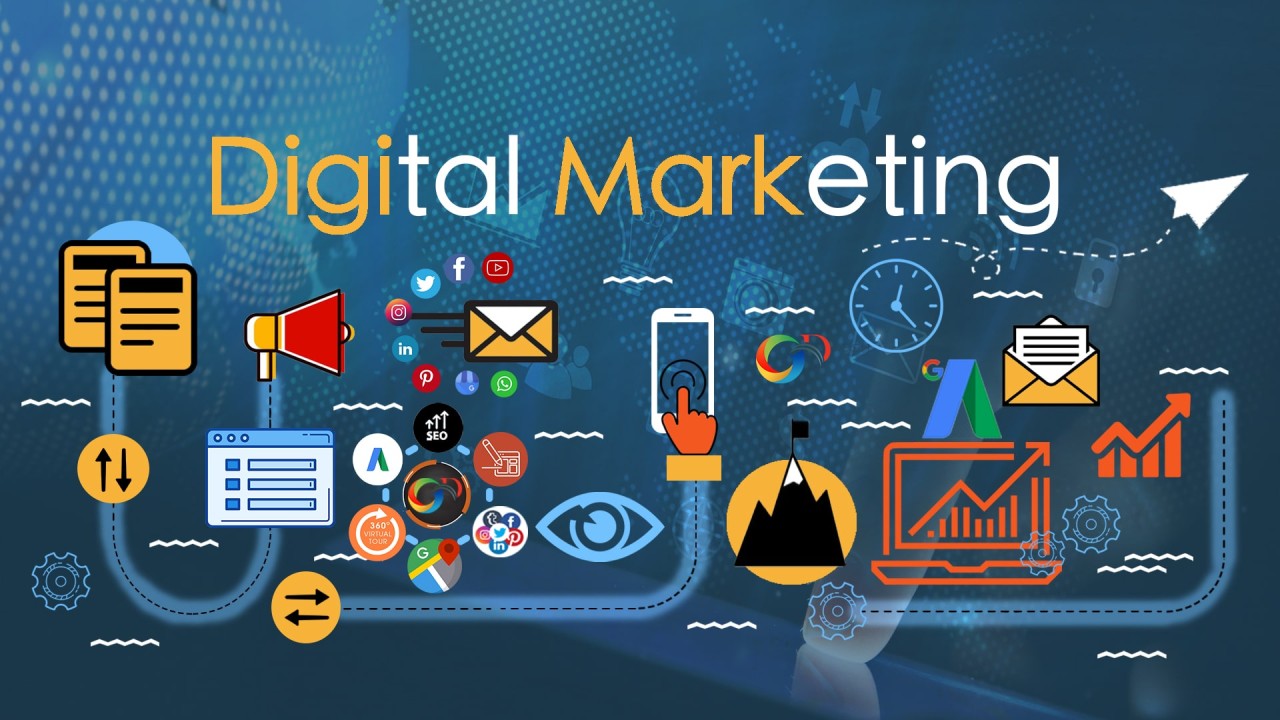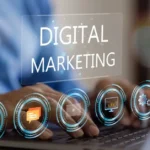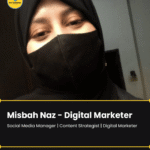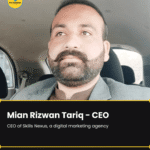A Fresh Start in Digital Marketing: 2025 Edition
The digital marketing industry in 2025 is more advanced, competitive, and opportunity-rich than ever. Whether you are an aspiring professional or a tech-savvy learner, entering this field requires a clear roadmap, strong fundamentals, and the ability to adapt to fast-evolving trends.
This guide provides a step-by-step path to begin your digital marketing journey with clarity, confidence, and strategy.

📊 Summary Table: Beginner’s Path to Digital Marketing
| Stage | Focus Area | Objective |
| Understanding the Basics | Learn the digital ecosystem | Build conceptual clarity |
| Practicing with Content | Write, post, and experiment | Apply theory in real-world formats |
| Exploring Platform Behavior | Observe how content works on different apps | Learn platform-specific strategies |
| Building Presence | Start your own online identity | Gain experience & visibility |
| Ethical Application | Share real insights, build trust | Align with current standards |
| Performance Review | Monitor engagement and improve | Optimize based on real results |
| Continued Learning | Stay updated with trends | Remain relevant and competitive |
Start with Foundational Knowledge
To build a career or skill set in digital marketing, begin by understanding the foundational concepts. Focus on learning how users behave online, how search engines display content, and how brands create meaningful digital communication.
Topics to Explore:
- Basics of how search engines work
- User journey from discovery to conversion
- Types of digital content (blogs, videos, infographics)
- Keyword research and search intent
- Importance of content quality and structure
Practice Content-Centric Strategies
In 2025, content remains the center of all successful digital strategies. However, it’s no longer about creating content for the sake of it — it’s about offering value, clarity, and relevance.
Effective Beginner Strategies:
- Create content that answers real user questions
- Write in clear, structured formats using headings and bullet points
- Focus on experience-based insights where possible
- Avoid duplication and fluff
Start with simple blog writing, social posts, or informational pieces that aim to solve a specific problem for the audience.
Understand Platform Behavior and Trends
Every platform, from search engines to social networks, has its own behavior. Understanding how users interact on each is vital.
Examples:
- Search engines value structured content with keyword relevance and intent alignment
- Social media rewards authentic engagement and consistency
- Email platforms prioritize personalization and audience segmentation
Begin by observing how leading brands communicate across multiple platforms. Learn what formats perform best and how content adapts from one channel to another.
Focus on Organic Growth Techniques
Rather than jumping into complex advertising models, beginners should first understand organic digital strategies. These build long-term authority and improve overall digital visibility.
Key Organic Techniques:
- Optimize content for search intent, not just keywords
- Maintain internal linking for navigation and SEO
- Use proper meta titles and structured headings
- Apply consistent voice and tone across content
- Engage genuinely with audiences on social media
This approach builds credibility and aligns well with current digital platform standards.
Start Building Your Digital Presence
Hands-on practice is essential. Create your own digital identity to test strategies and learn in real time.
Steps to Get Started:
- Set up a professional profile on relevant platforms
- Create sample content related to your interest or niche
- Optimize basic posts with on-page SEO techniques
- Track user engagement and behavior over time
By building your own presence, you gain a better understanding of how strategies work in real situations — an essential step for anyone serious about digital marketing.
Apply Ethical and Reliable Practices
In 2025, the focus is not just on content, but also on who creates it and how trustworthy it is. Modern platforms emphasize content that is accurate, experienced-based, and responsibly produced.
To Align with Best Practices:
- Share insights from real-life usage or results when possible
Avoid exaggerated claims or misleading headlines - Regularly update older content to maintain accuracy
- Provide sources or factual references where applicable
These practices build trust with both users and platforms, which is essential for long-term growth.
Track and Learn from Performance
One of the strongest habits you can build early is tracking what you publish and how users interact with it.
Focus Areas for Beginners:
- Understand what content drives the most visits
- Track user behavior (time spent, bounce rate)
- Identify high-performing formats or topics
- Review and improve based on data, not assumptions
Performance tracking allows you to make smarter decisions and improve consistently, rather than guessing what works.
Join Communities and Learn Continuously
Digital marketing is constantly evolving. Engaging with other learners or professionals keeps your knowledge fresh and motivates you to improve.
Ideas:
- Participate in forums, webinars, and community groups
- Follow credible digital marketing blogs or newsletters
- Analyze how professionals structure content, campaigns, or profiles
Continuous learning helps you adjust to new trends and update your skills before they become outdated.
Understanding the Digital Marketing Landscape
Before starting, it’s essential to understand what digital marketing truly involves. It is not just about being active on social media or running ads it is a strategic approach to communicate, engage, and convert users across online platforms.
Core Areas of Digital Marketing:
Search Engine Optimization (SEO)
Content Marketing
Social Media Marketing
Email Marketing
Search Engine Marketing (SEM)
Analytics and Reporting
Online Reputation Management (ORM)
Each area connects to the other, forming a complete digital presence when applied correctly.
❓ Frequently Asked Questions (FAQs)
1. Can someone with no background start digital marketing in 2025?
Yes. The field welcomes beginners as long as they are consistent, willing to learn, and apply strategies practically.
2. How important is content quality for beginners?
Extremely important. Search platforms and users both prioritize content that is well-structured, useful, and clearly written.
3. What should a beginner focus on first — SEO, social media, or writing?
Start with writing and SEO basics. Once you understand how content works and ranks, expand to social media and other channels.





